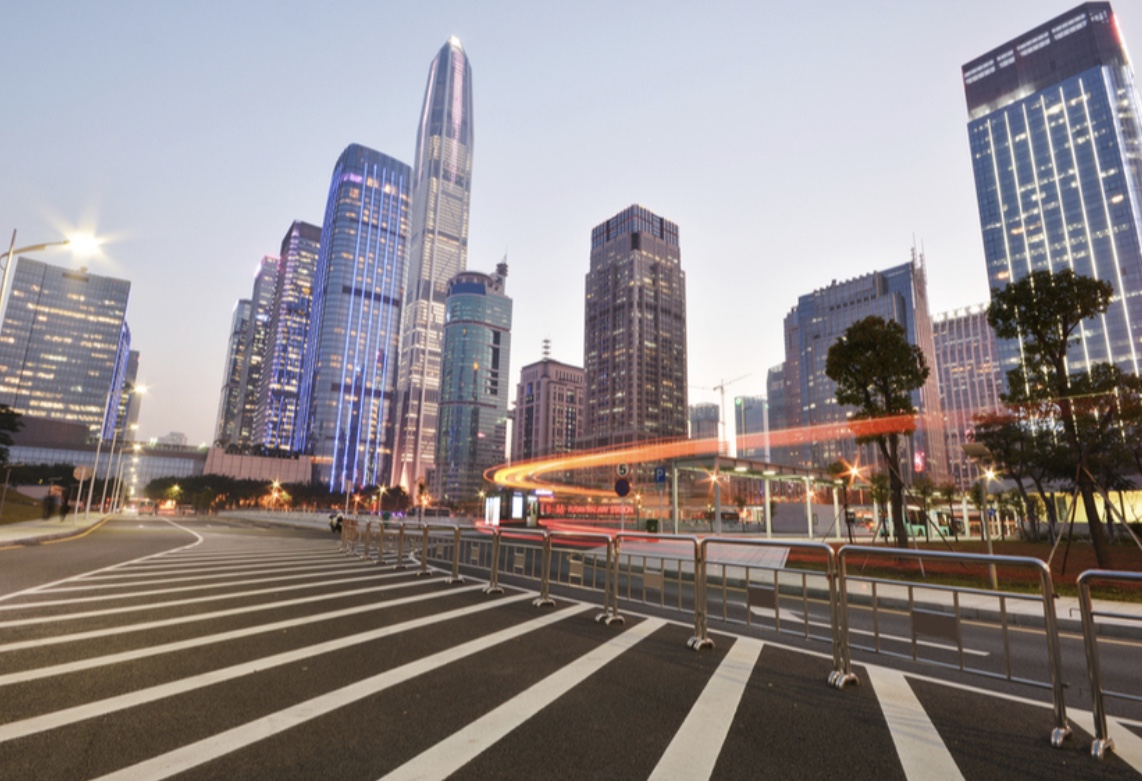How the UK Freeport Agenda can become a driver of trade development and restart the economy in the post pandemic new normal
What some people are missing in the UK Freeport Agenda discussion.

This is my article from Global Economic Neural Network (GENN), published eariier today.
There is a lot of discussion in media about the new UK Freeport Agenda and that freeports might not be the economic driver as stated by many. These views are to a large extent based on historical experience that is no longer relevant. What many commentators are missing is how free trade zones have developed outside Europe over the last five to ten years.
A new breed of safe, transparent, and compliant free trade zones – often called Advanced Special Economic Zones – have emerged and are becoming the advanced guard in a new customs world. These zones are the basis for new Trade Super Highways and can support trade recovery in the post-Corona world. The question is, why would United Kingdom not be interested in taking a lead in this movement? This is a particularly relevant question when taking into account the UK government’s ambitious post-Brexit trade agenda and the need to kick start the economy.
The world of trade has changed and over the last decade more advanced supply and value chains have emerged creating a highly integrated and complex global trading environment. According to the latest OECD 2020 statistics about 70% of international trade now comprises global value chains and UNCTAD has reported that more than half of the goods traded in the world are intermediate products. The trade challenges surrounding United Kingdom’s withdrawal from the European Union show how integrated economies have become.
For some time, free trade zones have had to deal with the perception and reality that they have all too often become the target of illegal trade and criminal syndicates. Mechanisms such as the World Free Zones Organization’s Safe Zone program, the OECD’s Code of Conduct for Clean Free Trade Zones, and the World Customs Organization’s Authorized Economic Operator Status offer opportunities for free trade zones to clearly differentiate themselves as transparent, compliant, and compatible with the requirements of modern global value chains. These initiatives have been enabled by the use of advanced technology such as track and trace as well as a high level of customs integration.
Another and more immediate question is how can these new special economic zones be an important instrument in the response to the economic crisis caused by COVID-19 and the re-emergence of protectionism?
Modern special economic zones are not the traditional tax havens of old but advanced trade ecosystems. Advanced Special Economic zones generate economic growth by providing a wide range of services and support mechanisms, by building on the soft infrastructure that is available in knowledge-based economies, as well as by providing customs and tariff simplifications. These zones will become high-performance multidimensional zones, supporting an ecosystem of innovative and value-creating companies and support services around a core-free trade zone that is recognized for its transparency and compliance. In addition, they will form the basis for new Trade Super Highways that can deliver the economic growth needed to recover from the COVID-19 economic crisis and the supply chain resilience that companies demand as they create new “just-in-time-always” supply chains. The technology support to manage these zones in an efficient, transparent and compliant way already exists and is operational.
What commentators in the UK debate are missing is that the UK Freeport Agenda, if designed and implemented in line with this new paradigm, has a wider role to play than traditional freeports that only focused on tax incentives.
I am not arguing that there have not been challenges with freeports in the past, but why would UK use this opportunity to develop a freezone model that offers low value and high risk? The UK should aim to develop a new generation of Advanced Special Economic Zones that become modern, innovative international flagship entities, based on global best practice.
Now is the time for the UK to become a leader in using modern integrated Advanced Special Economic Zones as drivers of the trade development agenda, both at home and abroad.
I hope – for the benefit of all of us – that this is exactly what we will see happening in the near future.
You can read the article here: How the UK Freeport Agenda can become a driver of trade development and restart the economy in the post pandemic new normal
Source: GENN
You must be logged in to post a comment.